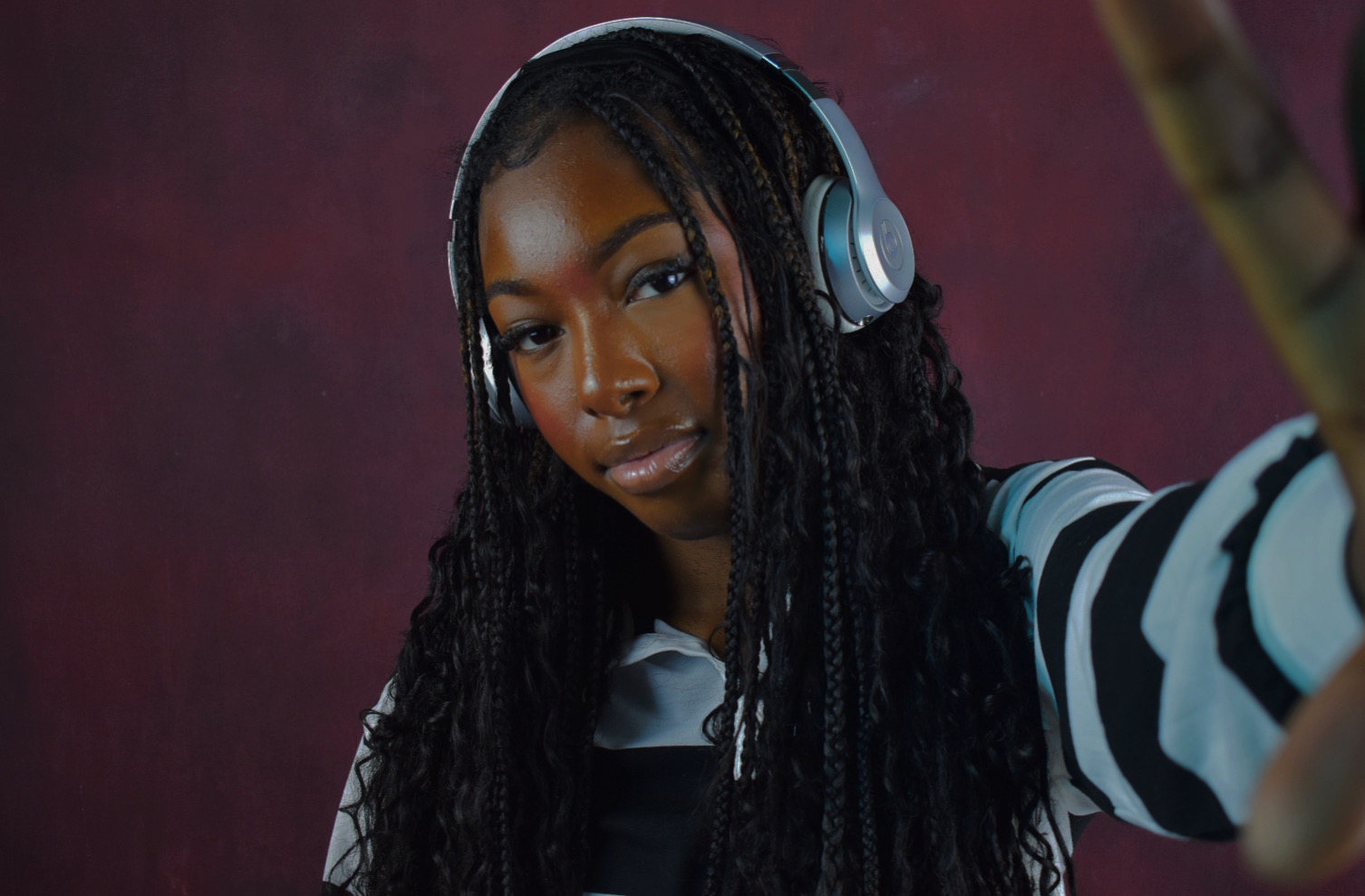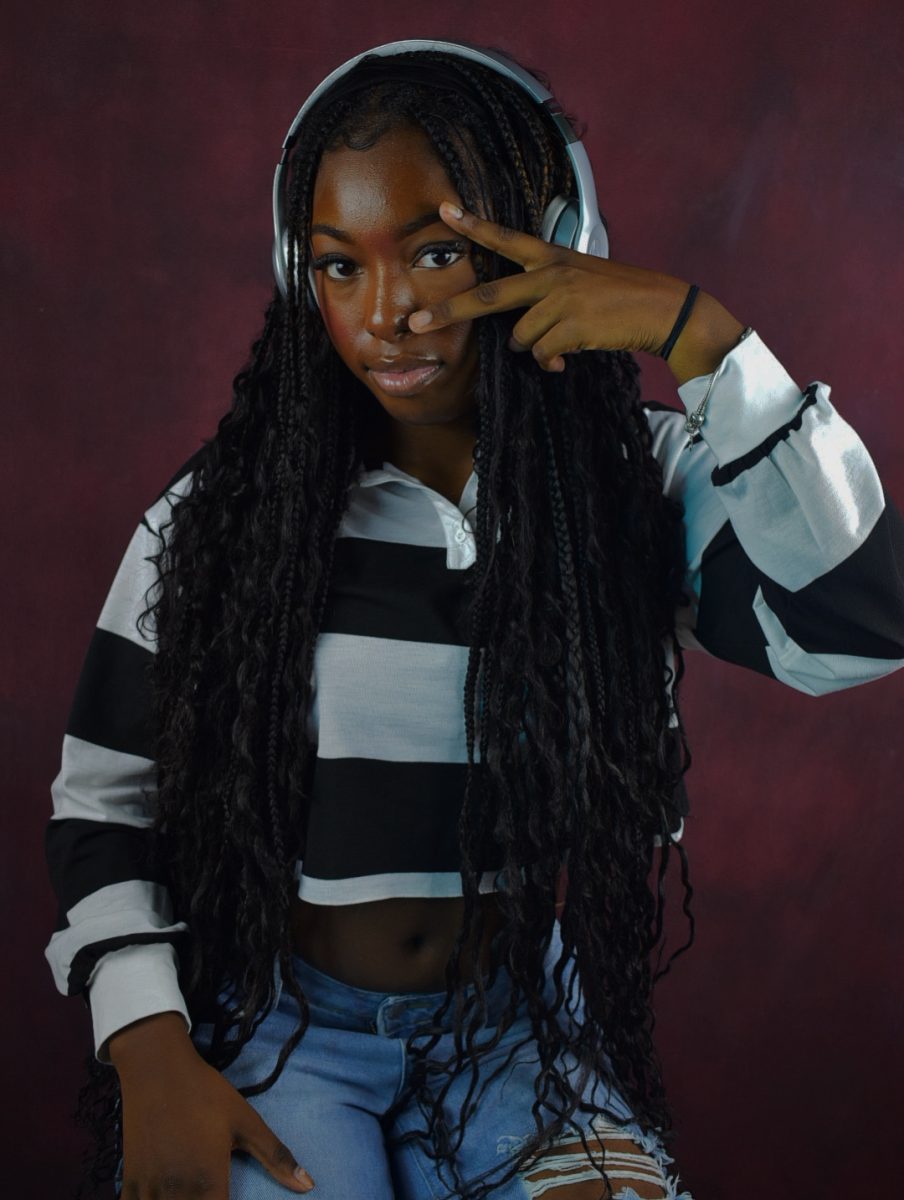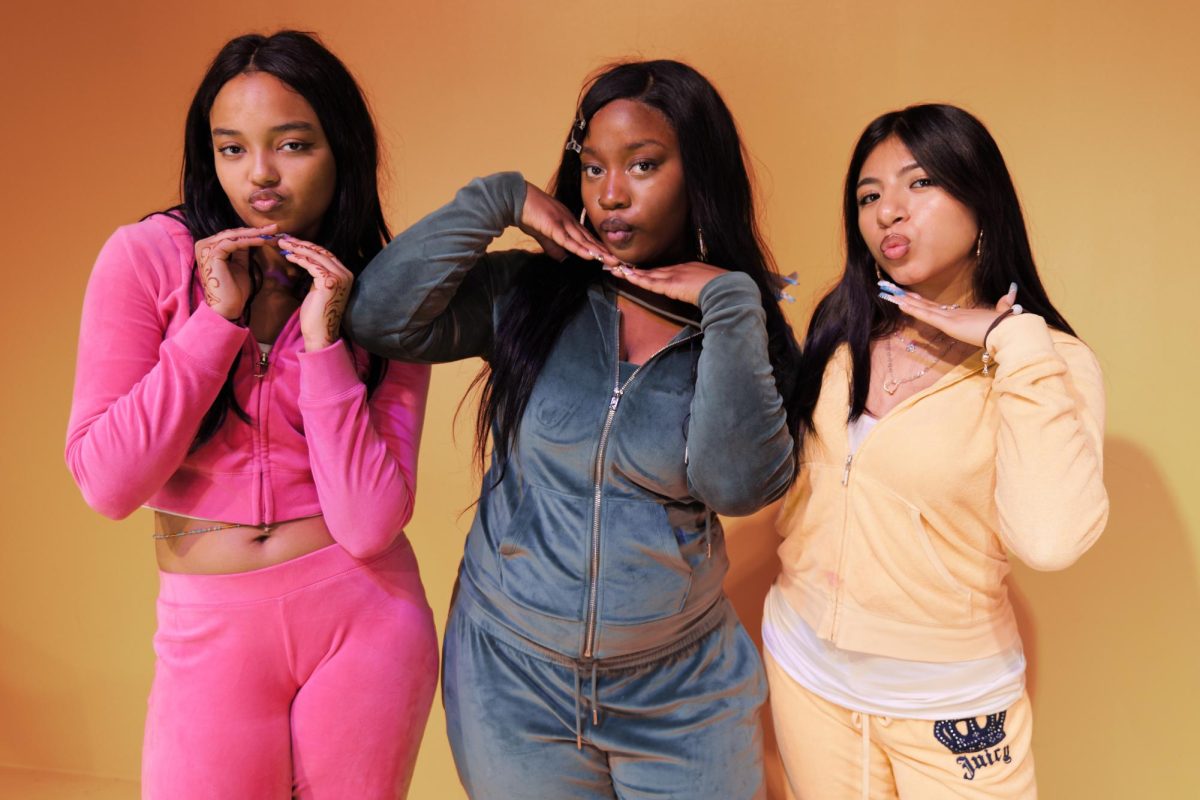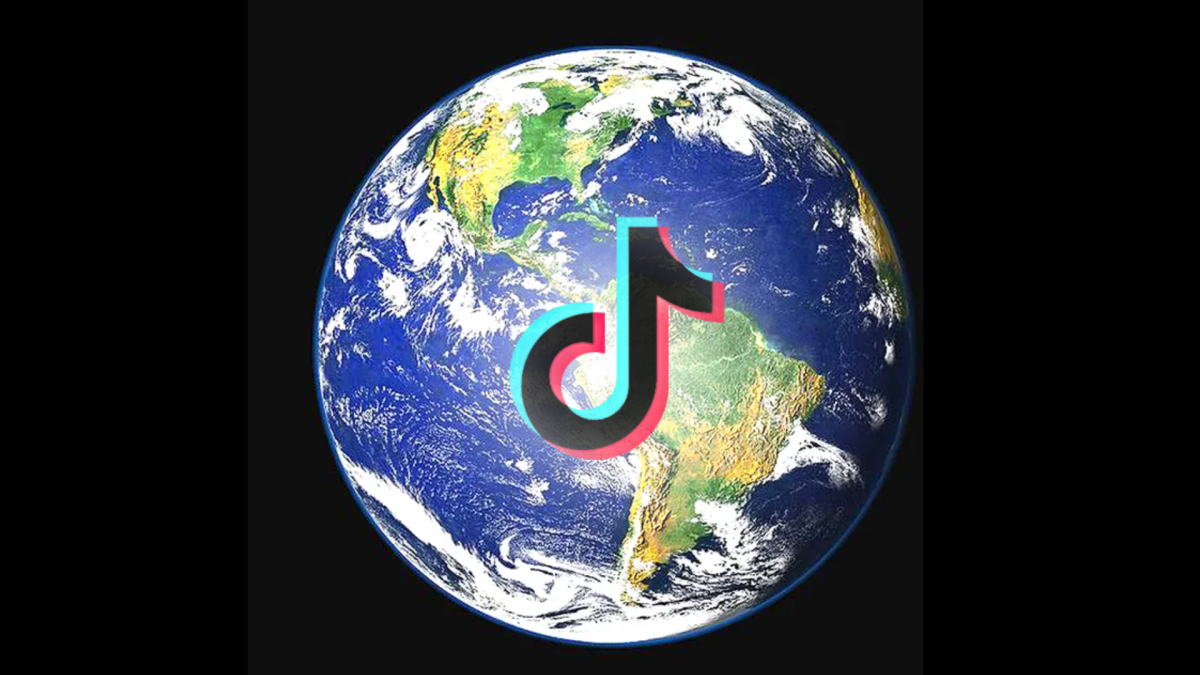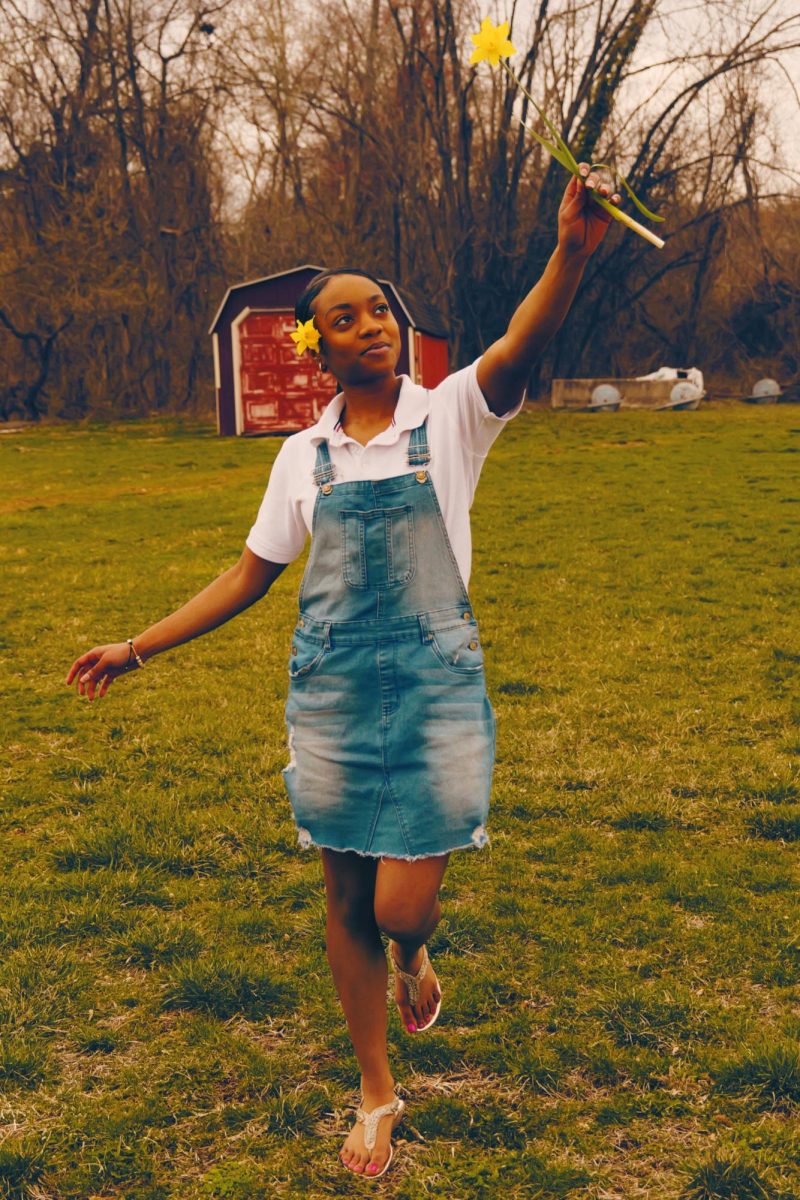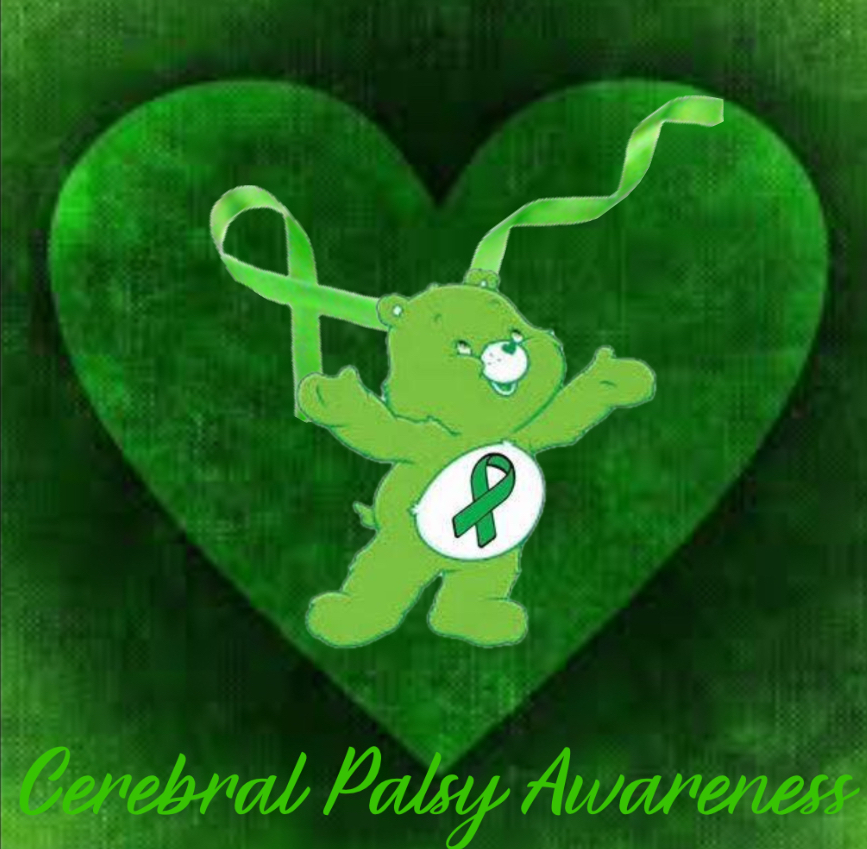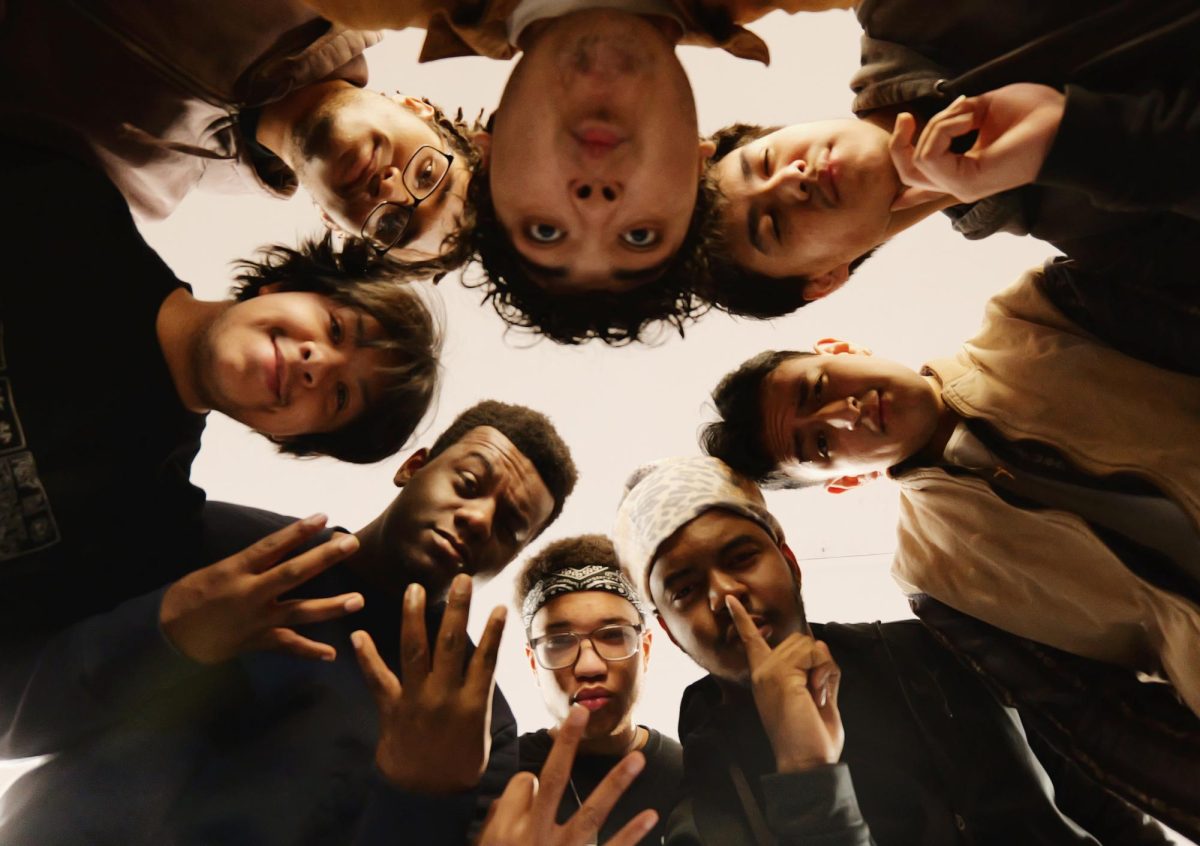A part of self-confidence is having control over your life. Kyra Pierce, a 12th grader at Norristown Area High School, has a lot to say about the importance of self-confidence and how she struggled with it growing up as a young Black girl.
Although she may be a bit more confident than she was when she was younger, it took Pierce a while to learn to love her skin and appearance in general. Colorism played a part in this struggle with self-love.
“Colorism is taught to us in a way where it’s like embedded in us from a young age,” she said. “When you’re raised a certain way you just start to think a certain way. It’s already programmed in us.”
Growing up with darker skin, Pierce remembered people in her family favoring the lighter-skinned family members, and just looking over her.
“They were cuter, they had looser curl textures, and I was just the dark-skin nappy-headed one,” Pierce said.
Unfortunately, this is a common issue found in Black culture. There has always been a divide when it comes to skin color in the Black community, whether you have lighter skin, darker skin, or you are somewhere in between; the way you look affects the way that you’ll be treated.
Colorism is not just an issue in the Black community. It is a product of white supremacy, where something that is seen as closer to “white” is seen as “better.” People who are white or are not white can and often do hold these stereotypes, sometimes subconsciously.
Pierce, like many Black children, wasn’t educated about what she was experiencing. “I didn’t really know or understand what I was experiencing until I got older, I just thought the other kids had favorites but once I started to hear more about it [colorism] and learn more about it I was like yeah they were being colorist.”
Pierce remembers some of the friendships she had, and how being friends with them was tough. “Most of them would kind of push [skin tone] in your face, like they weren’t expecting me to get the good-looking boys, they would think the boy was trying to talk to them but he was really interested in me.”
Skin bleaching is also a common issue found in Black culture when you use products to lighten your skin. “I was kind of insecure for a long time about my skin color, I didn’t like it. Half of my family is Jamaican and they do that skin bleaching stuff. I was thinking about doing it. I’m not gonna lie,” she said.
Although she never used those products herself, Pierce found other ways of “bleaching” her skin. “I remember I would stay inside for most of the summer so I wouldn’t get darker,” she said.
Society has many misconceptions and stereotypes about dark-skinned people, but dark-skinned girls and women get the most vicious things said about them. “I wish people would stop having the misconception that we’re always angry and we don’t like smiling. It’s not that I have an attitude, it’s just that I’m a normal human being. Some people may take it as me being aggressive, but no, I really just be chilling,” said Pierce
Pierce spoke about shows that portray us as society’s typical stereotypes. “ When they cast people to play a Black girl in movies and shows, the light-skin girl is usually the ‘good’ one, and the dark skin girl is portrayed as the ghetto and loud friend,” she says.
One great example of this is Disney’s ‘The Proud Family,’ in which the lighter-skinned Penny, the main character. is seen as the ‘good’ one, and Dijonay, Penny’s friend, is seen as the “ghetto” one. The name itself tells you everything you need to know.
“You know when Black men say ‘I want a short light-skinned girl with an attitude’ it’s looked at as cute, but when a dark-skinned girl is the same way she’s seen as loud, ghetto, and ratchet. Literally, other races act the same way, but they don’t get called the same things, no shade,” she said.
It seems as though other races can get away with having an attitude, but we aren’t allowed to have bad days. Sometimes it can feel like you have to coddle other people’s feelings and act a certain way just so they feel comfortable.
Pierce did acknowledge that things do seem to be changing for the better as she gets older. “Now, we get shown more love as dark skin girls, but I remember when I was in middle school there was this boy I liked, he was light-skinned and I remember him posting about wanting a light-skin girl.”
Many of us can relate to this. Having a crush and figuring out that you’re not their type because of skin color can make you feel unwanted and undesirable. But Pierce sees even more privileges that show up in society as well.
Pierce said, “I feel like lighter-skinned people in general get away with things more, like if you look into things like jobs, a hiring job might want to hire the light-skinned person instead of the darker-skinned person. If you actually look into it, light-skinned people get paid, they get more promotions and stuff like that.”
Pierce knows she wasn’t prepared for colorism and the toll it would have on her, so to her future daughter, she would like to share this: “ I would tell her that in general there’s going to be people who don’t like you, people who don’t like the way you look and you can’t do anything about it. You just have to embrace it and know that you shouldn’t stop liking yourself because other people don’t. Not everybody is going to be attracted to you, you just have to accept that.”
Pierce was only ten when she realized this, and for her future daughter, she wants her to know this before even starting school.
“Now I love myself, I love my skin color, I love being chocolate. If you don’t like me, that’s a you problem,” she said.
This level of confidence at only the age of 18 is very rare and a lot of us could use it right now. To stay in this mindset, Pierce enjoys having self-care days, which include doing her hair, getting her makeup done, and just being comfortable in her own skin.
When it came to people commenting about her skin, Pierce realized she didn’t care anymore.
“Honestly, I think I cared too much to the point where I didn’t care anymore, if that makes any sense,” she said. “I went to this modeling agency when I was 15 for my birthday, and that was one of the first times I heard someone say my skin is beautiful. I really like modeling, and once I started to see models that look like me, you know like Anok Yai, Naomi Campbell, seeing them made me more confident because they look like me.”
Other people telling or acknowledging you that you look good can also help you with self-love. Sometimes we need to hear that from other people to believe in it for ourselves.
“Girls that I see that look like me remind me that I am beautiful, and Black is beautiful.”

